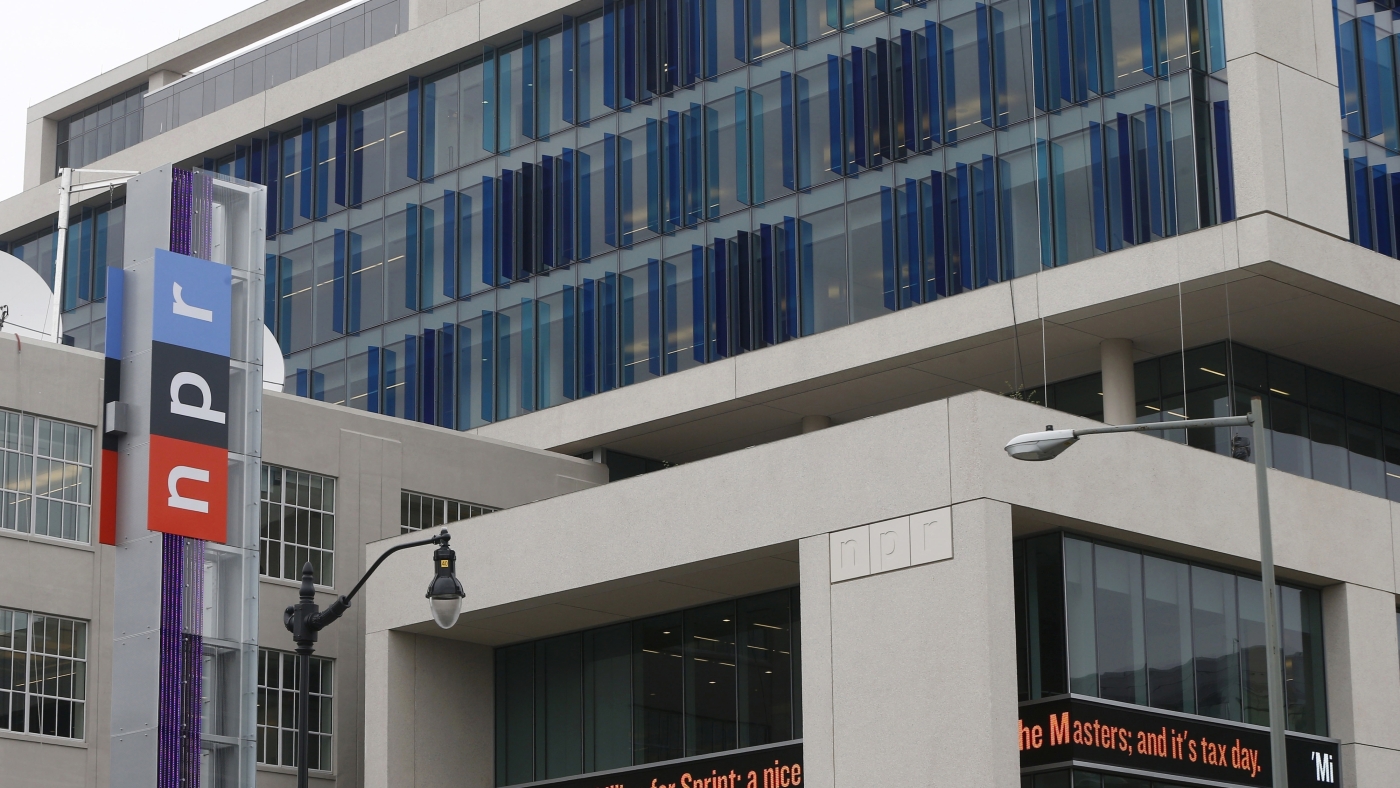The Implications of Trump’s Executive Order to Defund NPR and PBS
Introduction
In a move that has stirred considerable controversy, President Donald Trump signed an executive order directing the Corporation for Public Broadcasting (CPB) to cease federal funding for National Public Radio (NPR) and the Public Broadcasting Service (PBS). This directive, which encompasses both direct and indirect funding, has ignited a fierce debate about the future of public media, journalistic integrity, and the broader landscape of American broadcasting. The implications of this order are vast and multifaceted, touching on financial, legal, political, and societal dimensions.
The Executive Order and Its Directives
The executive order is a sweeping directive that mandates the CPB and other federal agencies to halt all forms of funding to NPR and PBS. This includes not only direct subsidies but also indirect funding through grants to local stations. The order further requires a comprehensive review of existing grants and contracts to ensure compliance with the new directive. Additionally, the CPB is tasked with revising its 2025 General Provisions to explicitly prohibit any funding to these broadcasters. This aggressive approach underscores the administration’s determination to reshape the public media landscape.
The Rationale Behind the Order
The administration has justified the funding cuts by citing alleged “bias” in the reporting of NPR and PBS. Conservatives have long accused these networks of exhibiting a left-wing bias and promoting “woke” programming. This executive order is part of a broader strategy to target traditional media companies that the administration perceives as biased against it. By leveraging federal funding, the administration aims to influence media coverage and align public broadcasting more closely with its political agenda.
Financial Impact on NPR and PBS
The financial repercussions of the executive order are severe. Federal funding constitutes a significant portion of the budgets of both NPR and PBS. For PBS, federal funding accounts for about 15% of its annual revenue, while for NPR, it is approximately 1%. The loss of this funding would be particularly devastating for smaller and rural stations that rely heavily on federal support. PBS CEO Paula Kerger has warned that the cuts could lead to the closure of many local stations, thereby reducing access to public broadcasting in underserved areas. This financial strain could also compromise the quality of programming, as stations may struggle to maintain their current standards.
Legal and Political Challenges
The executive order is poised to face significant legal and political hurdles. The CPB has already taken legal action against the administration after Trump attempted to remove three board members, arguing that he lacks the authority to do so. The implementation of the order will also require congressional approval, which is far from guaranteed. While some conservatives in Congress support the cuts, the broader political landscape remains divided. This division could lead to protracted legal battles and political gridlock, further complicating the situation.
The Broader Implications for Public Media
The potential defunding of NPR and PBS raises critical questions about the future of public media in the United States. Public broadcasting has long been a cornerstone of American journalism, providing in-depth reporting, educational content, and cultural programming. The loss of federal funding could lead to a decline in the quality and availability of these services, impacting millions of Americans who rely on public media for news and entertainment. This decline could also result in a more homogenized media landscape, where diverse voices and perspectives are marginalized.
The Role of Public Broadcasting in Democracy
Public broadcasting plays a vital role in maintaining a healthy democracy. It provides a platform for diverse voices and perspectives, ensuring that a wide range of viewpoints are represented. By defunding NPR and PBS, the administration risks weakening this democratic institution, potentially leading to a more polarized and less informed public. Public broadcasting serves as a bulwark against misinformation and propaganda, providing citizens with reliable and unbiased information. The erosion of this institution could have far-reaching consequences for the health of American democracy.
The Public’s Reaction
The public’s reaction to the executive order has been polarized. Supporters of the administration view the move as a necessary step to combat perceived bias in the media. They argue that public broadcasting should not be funded by taxpayers if it is seen as promoting a particular political agenda. However, many critics see the order as an attempt to silence independent journalism and undermine the integrity of public broadcasting. The debate has highlighted the deep divisions within American society regarding media trust and political influence, reflecting broader tensions over the role of government in shaping public discourse.
Conclusion: A Crossroads for Public Media
The executive order to defund NPR and PBS marks a pivotal moment for public media in the United States. As the legal and political battles unfold, the future of public broadcasting hangs in the balance. The outcome of this debate will have lasting implications for the quality and availability of public media, as well as the broader landscape of American journalism. The public must remain engaged and informed, recognizing the critical role that public broadcasting plays in a democratic society. The fight for the future of NPR and PBS is not just about funding; it is about preserving the principles of independent journalism and ensuring that all Americans have access to reliable and diverse sources of information. This moment calls for vigilance and advocacy, as the stakes are high and the consequences far-reaching.







